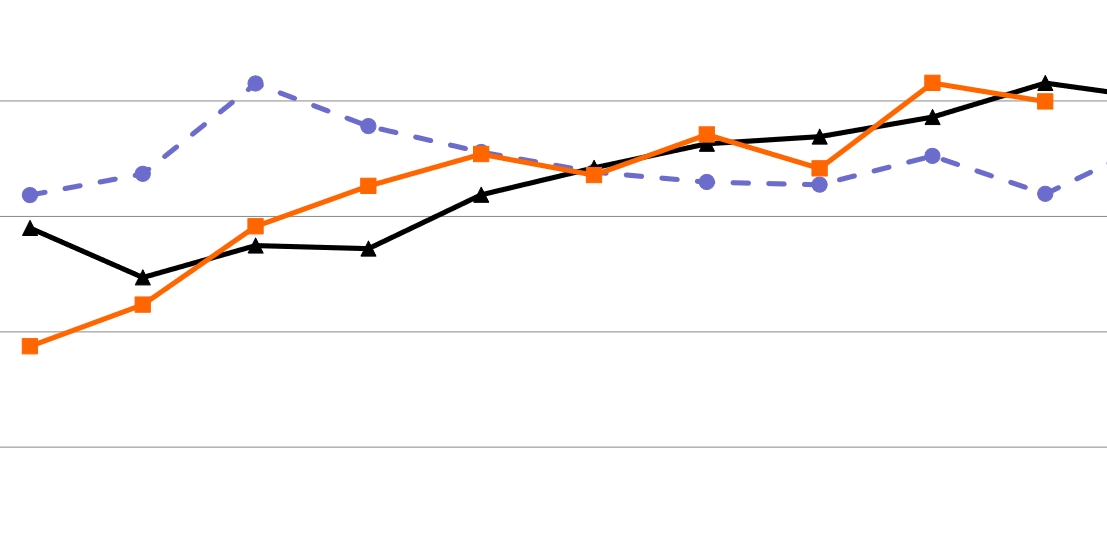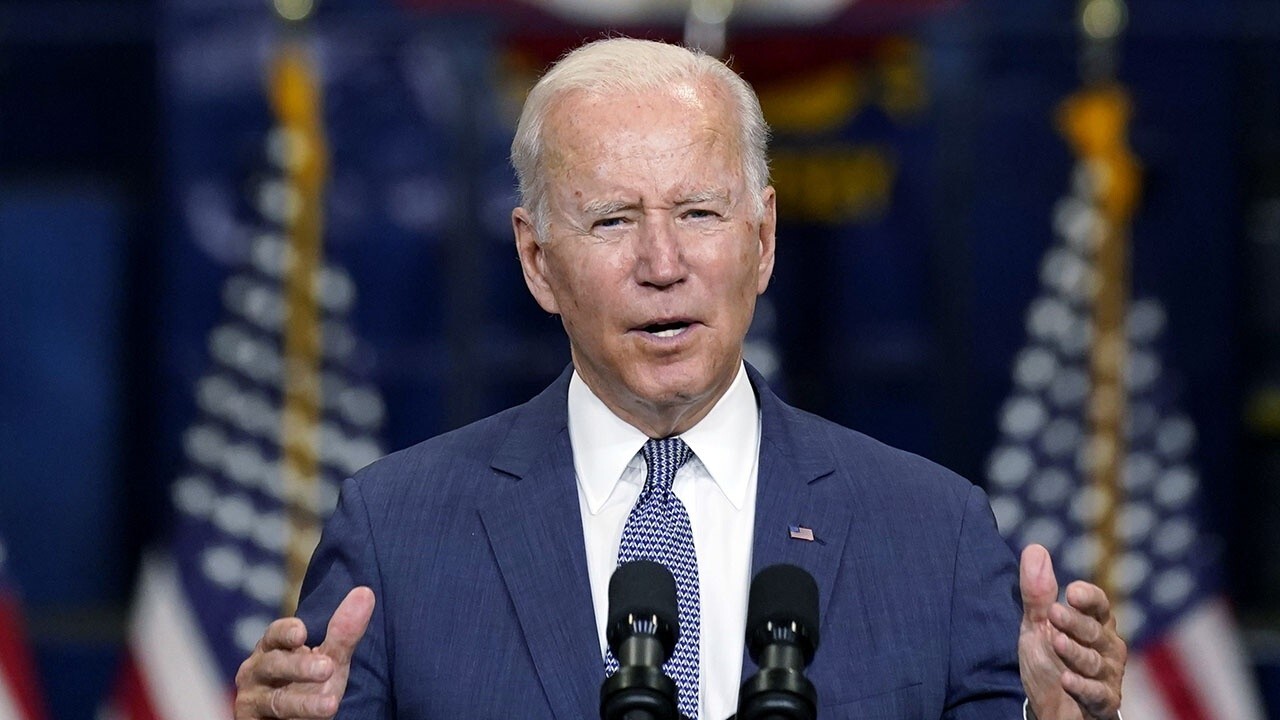Evanston Tap Water Trust: Exploring The Impact Of Gender, Race, And Personal History

Table of Contents
Gender and the Evanston Tap Water Trust: A Comparative Analysis
Gender roles profoundly shape water usage, access, and participation in water-related decision-making processes. A comparative analysis reveals potential gender disparities within the Evanston community concerning the Evanston Tap Water Trust.
- Differences in water conservation practices: Do men and women exhibit different approaches to water conservation? Further research could explore this, analyzing data on water usage patterns across households with varying gender compositions.
- Gender representation in leadership: What is the gender breakdown of leadership positions within the Evanston Tap Water Trust itself? Equitable representation is crucial for ensuring diverse perspectives are incorporated into policy and decision-making. A lack of female representation could indicate barriers to leadership opportunities.
- Access to information and resources: Are there differences in how effectively men and women access information and resources provided by the Evanston Tap Water Trust? This could involve differences in communication styles, literacy levels, or access to technology. For instance, are outreach materials easily understood by all genders?
Understanding these potential disparities is crucial for designing effective communication strategies and ensuring equitable access to the resources the Evanston Tap Water Trust provides.
Race and the Evanston Tap Water Trust: Addressing Historical Inequities
The history of water access in Evanston, like many American cities, is intertwined with systemic racism. Examining this historical context is vital to understanding the current disparities in trust and access to the Evanston Tap Water Trust among different racial groups.
- Historical segregation and its legacy: Past discriminatory housing practices resulted in unequal distribution of resources, potentially impacting water infrastructure and quality in historically marginalized communities.
- Disparities in water bill affordability: Analyzing water bill affordability across different racial groups can reveal economic disparities that limit access to clean water for some residents. Targeted assistance programs may be necessary.
- Community engagement strategies: Building trust among minority communities requires culturally sensitive and inclusive community engagement strategies. This involves active listening, understanding diverse perspectives, and incorporating community feedback into decision-making processes.
Addressing historical inequities requires proactive efforts to repair past harms and ensure equitable access to the resources provided by the Evanston Tap Water Trust.
Personal History and the Evanston Tap Water Trust: Individual Narratives and Experiences
Personal experiences significantly influence how individuals perceive and interact with the Evanston Tap Water Trust. Understanding these individual narratives is essential for building a more inclusive and responsive system.
- Interviews with diverse residents: Collecting stories from residents with diverse backgrounds – including those who have experienced water scarcity, pollution, or other water-related challenges – reveals crucial insights into their interactions with the trust.
- Anecdotal evidence: Individual anecdotes can illuminate the emotional and practical aspects of accessing and trusting the water system, providing invaluable data supplementing broader statistical analysis.
- Impact of personal experiences: Understanding how personal experiences shape perceptions of the Evanston Tap Water Trust's reliability, responsiveness, and fairness is crucial for designing effective communication and engagement strategies.
Building a More Equitable Evanston Tap Water Trust: Recommendations and Future Directions
Improving equity and inclusivity within the Evanston Tap Water Trust requires a multi-pronged approach.
- Targeted outreach programs: Developing culturally sensitive outreach programs specifically tailored to different demographic groups ensures information is accessible and understandable to everyone.
- Community-based participatory research: Involving the community in research and decision-making processes ensures their voices are heard and their needs are addressed effectively.
- Policy recommendations: Advocating for policies that promote equitable water access, affordability, and quality is crucial for systemic change.
Further research exploring the nuanced relationship between the Evanston Tap Water Trust and diverse community members will help shape future initiatives.
Conclusion: Strengthening the Evanston Tap Water Trust Through Equity and Inclusion
This exploration of how gender, race, and personal history influence experiences with the Evanston Tap Water Trust highlights critical areas needing improvement. Addressing these disparities is paramount to ensuring equitable access to clean and safe water for all Evanston residents. We must strive for Evanston water equity by understanding individual experiences and incorporating diverse perspectives into the Evanston Tap Water Trust's operations and policies. Learn more about the Evanston Tap Water Trust, participate in community initiatives, and advocate for improving the Evanston Tap Water Trust to ensure water equity for all.

Featured Posts
-
 Schlichtungsversuch Gescheitert Bvg Vor Dem Ausstand
May 16, 2025
Schlichtungsversuch Gescheitert Bvg Vor Dem Ausstand
May 16, 2025 -
 Miss Joe And Jill Biden On The View Full Interview
May 16, 2025
Miss Joe And Jill Biden On The View Full Interview
May 16, 2025 -
 18 Vs 3 Svedsko S Drtivou Prevahou Hracu Nhl Na Ms Nemecko V Oslabeni
May 16, 2025
18 Vs 3 Svedsko S Drtivou Prevahou Hracu Nhl Na Ms Nemecko V Oslabeni
May 16, 2025 -
 Fact Checking President Bidens Recent Denials
May 16, 2025
Fact Checking President Bidens Recent Denials
May 16, 2025 -
 Wayne Gretzkys Life And Career Fast Facts Overview
May 16, 2025
Wayne Gretzkys Life And Career Fast Facts Overview
May 16, 2025
